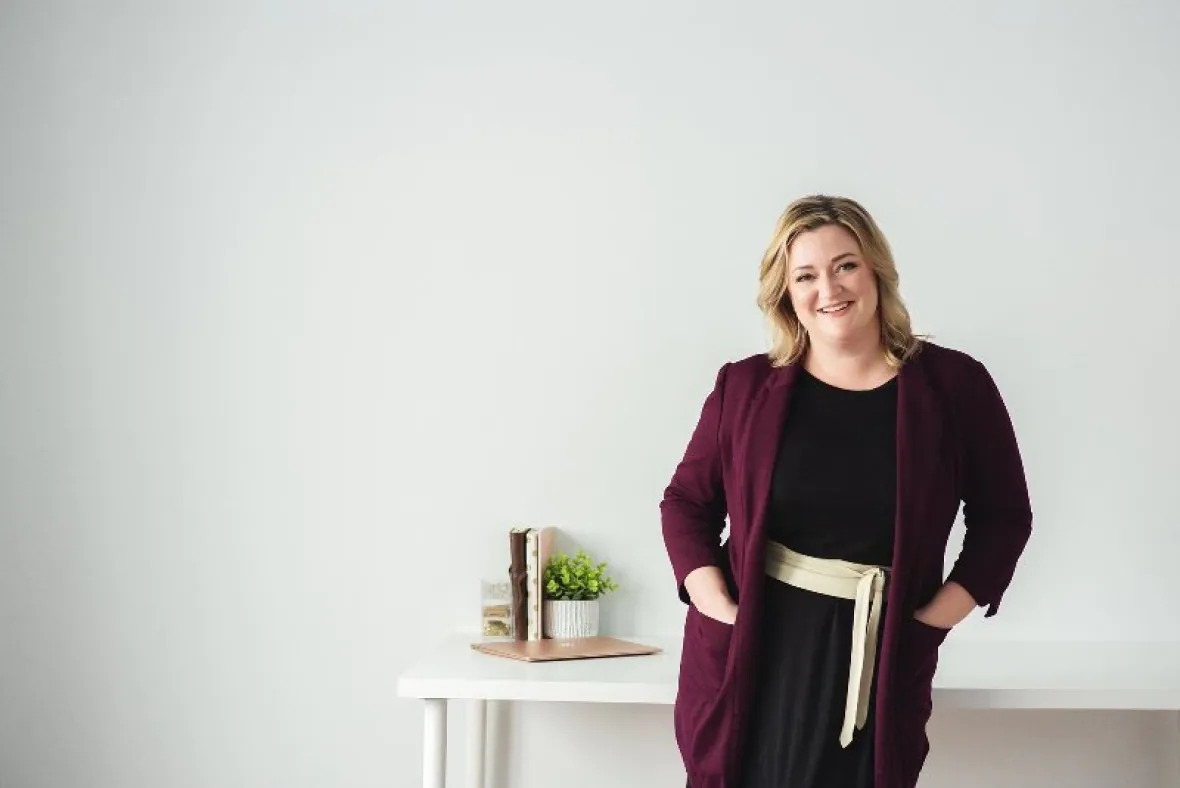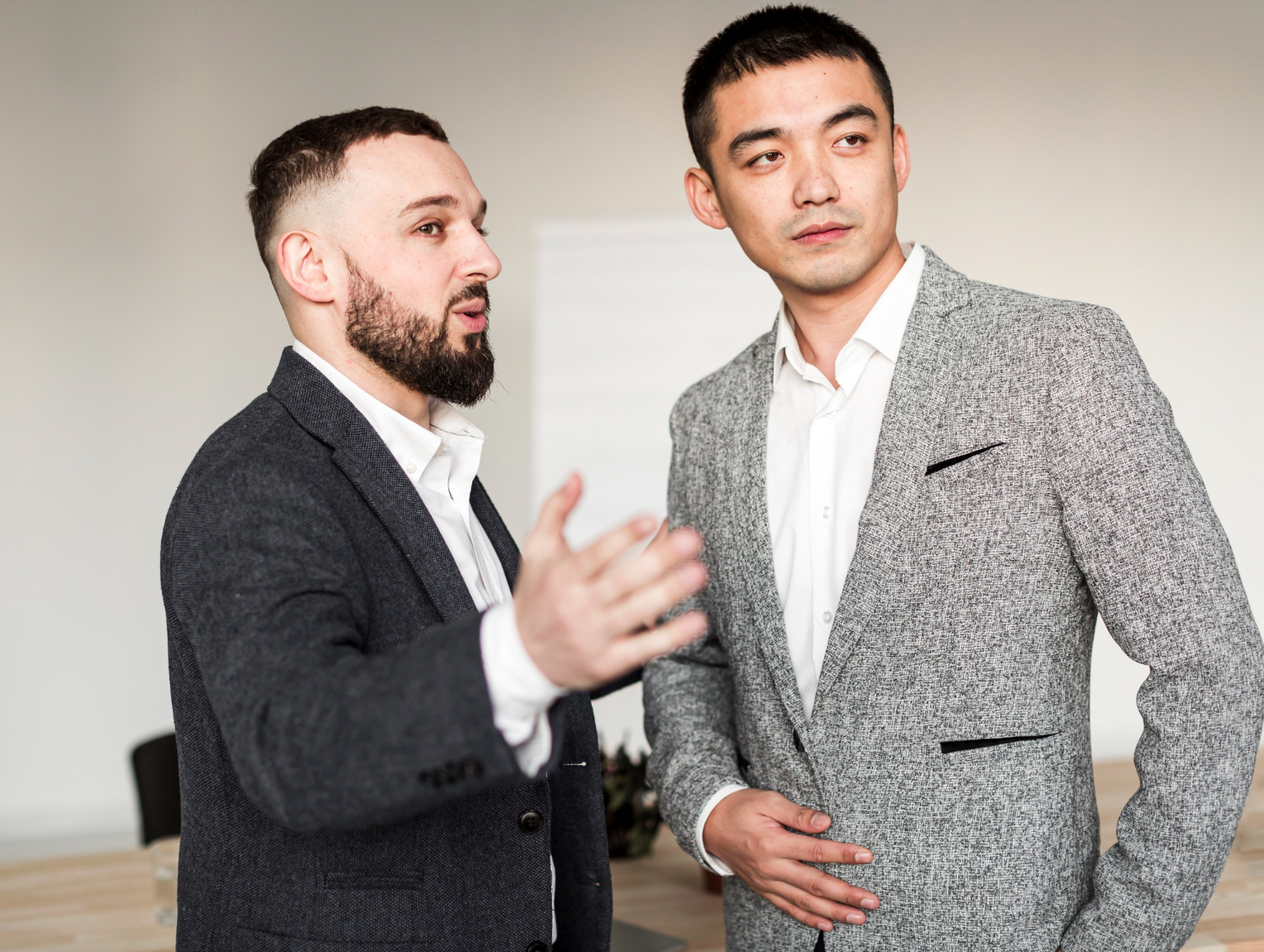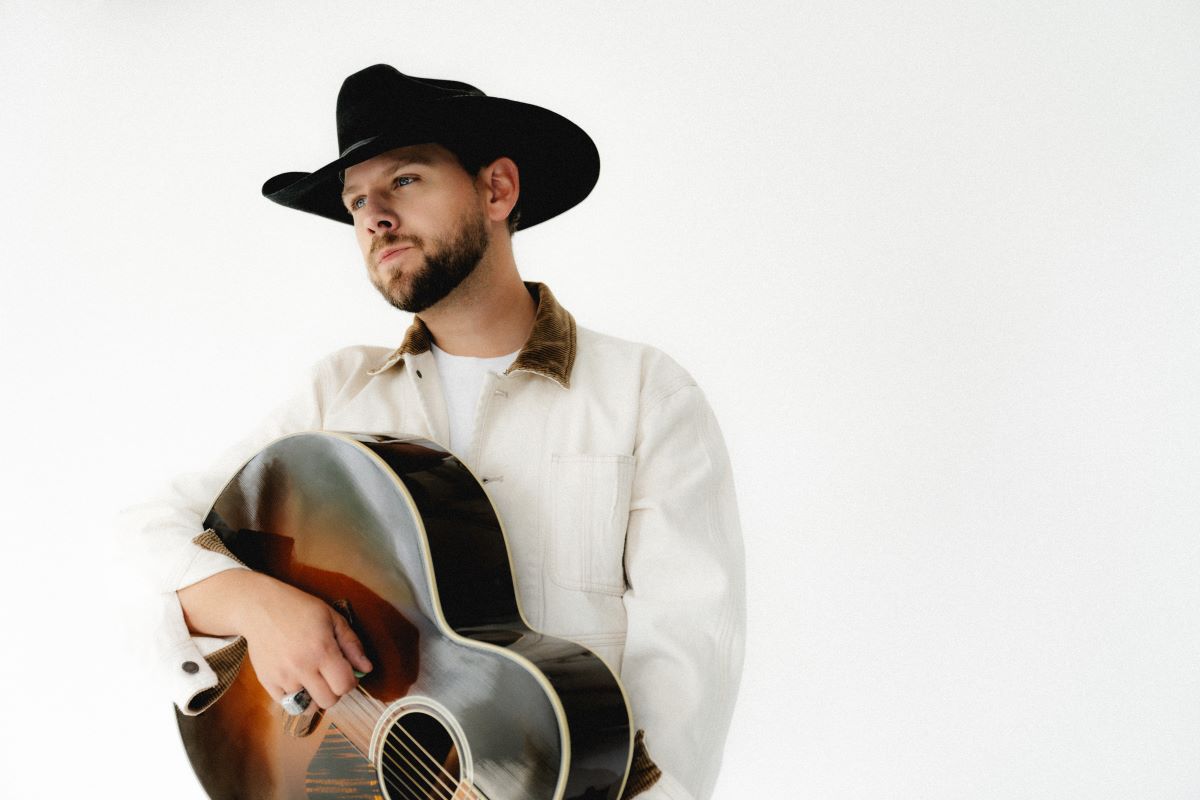Dr. Monique Simair, a leader who is keenly interested in technology, is fascinated by the intersection between science and business. Her science background allows her to face business development the same way: organically building an ecosystem that she can support and grow. As the CEO and founder of Maven Water and Environment, she is continuing to blaze her own path forward.
The Edge, A Leader’s Magazine spoke with Monique about her passion for problem solving and her path into entrepreneurship, among many other things.
With a PhD in microbiology, genomics, and bioinformatics, your path into entrepreneurship wasn’t necessarily a traditional one. How have your previous education and experiences helped shape your entrepreneurial path and success?
I’m lucky that my PhD supervisor encouraged me to learn how to learn because he knew I wouldn’t necessarily be doing my PhD work for the rest of my life. He was honest in telling me that I wasn’t likely to get a job in [my field of study], so what were the skills I needed to learn? While I was writing my thesis, I also did a post-doc research fellowship, and I got a job with the Saskatchewan Research Council. That government job was a blend between consulting and various other things, and we also worked with clients. When I was let go from that role, one of the clients reached out and asked me about opening a lab. I was surprised, as opening a lab isn’t something I had heard of anyone else trying, but as I started to run the numbers, I realized it could actually work. I did a lot of soul-searching and realized that we often define ourselves by the type of education we have or by our jobs. I started to think about why I liked science. I like problem-solving, helping find a solution, building teams, and creating new things. In business, I could do that.
By being open to opportunities, I ended up becoming an entrepreneur, and it was certainly a learning curve for me. In science, you objectively see problems and work on solutions, so the link to entrepreneurship is a very natural extension [of those skills]. I also really love to travel and see the world, and as an entrepreneur I could choose to pursue projects globally.
You have successfully innovated in the biotech field and revolutionized the environmental sustainability space with Maven Water and Environment. How do you maintain a progressive mindset that allows you to be a constant innovator?
It’s really listening to our clients and not trying to sell them my solution, answer, or product, but working hard to understand what their actual challenges are. Try to better understand what is causing the challenges as then you can innovate, and problem solve from there. I think if you want to have a company where there’s innovation, everyone has to be involved. We can’t have the same old structures of a business and do things the way that they were done fifty years ago, or even twenty years ago. The types of performance management—of incentive or feedback—with all of those things, you need a way within a company of both inspiring and rewarding innovation throughout. There’s not one way to do it; there are a million different ways. I view things from the perspective that if I want something accomplished, we need to evaluate the problem with fresh ideas so we can develop an original way to set things up [to achieve the most successful result].
What advice would you have for other women in business and leadership positions?
My view keeps changing. When I was younger, I was a bit blind to some of the challenges. As I get older, I now realize how many hurdles I had faced. To give advice is so hard, as it’s so person-specific and group-specific. My advice for anyone is to understand yourself and don’t feel that you must have the same ambitions as everyone else. It’s okay to change your goals and decide you want something different, and we should celebrate the choices of others in how they want to move forward. Also, knowing what you want and being adaptable is important too. One other thing that is beneficial, especially if you have quieter people on your team, is when somebody speaks up with a good idea, echo it and acknowledge who it came from. Reaffirming who shares it has been something I’m actively working on to ensure that the individual gets credit and feels seen.
What have been some of the biggest challenges that you faced and how have you overcome them?
Every day is a challenge! I think it can be helpful to create a list of challenges or obstacles you are facing. This way you can look at what needs to be done and work towards it. I believe that navigating challenges can really build resiliency. When talking to others about this, I often mention building your “pain muscle.” It’s no different from going to the gym. Just like exercise [and strengthening your body’s muscles], you also have to work on strengthening your resiliency. I really like working with people, but I’ve come to the understanding that each person has to do what’s good for them, even though this may include moving on from our team. Another challenge that has been a running theme for many years is finding people to talk to about the business and the growth side of things. There’s someone I can talk to about the business, but not the technology, another person I can talk to about human resources, but not other areas. I think it’s a work in progress, and it’s important to think of challenges as opportunities for growth.
Stephanie Hawkins | Contributing Writer



















